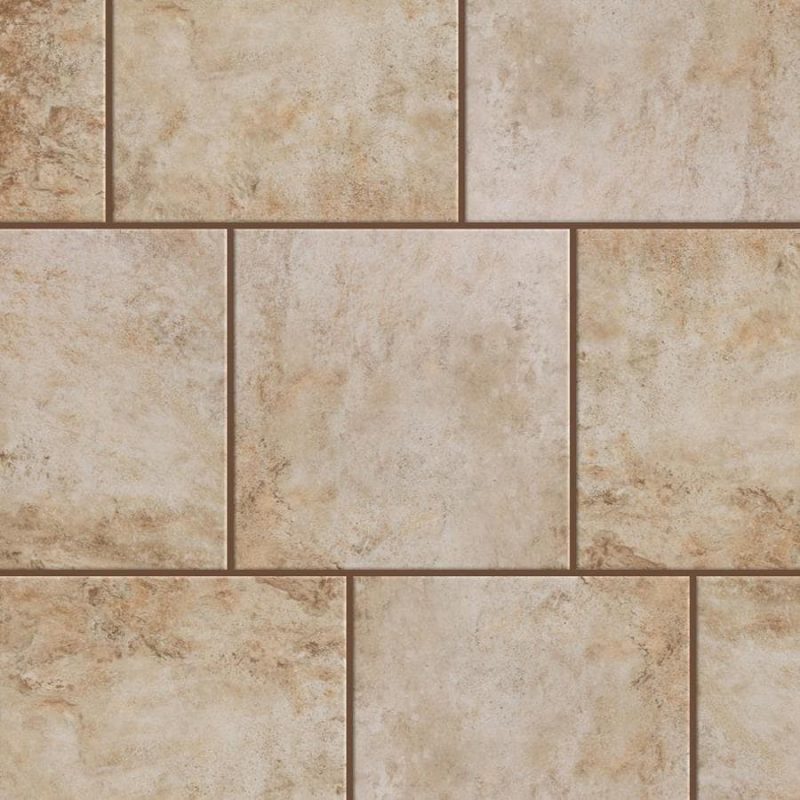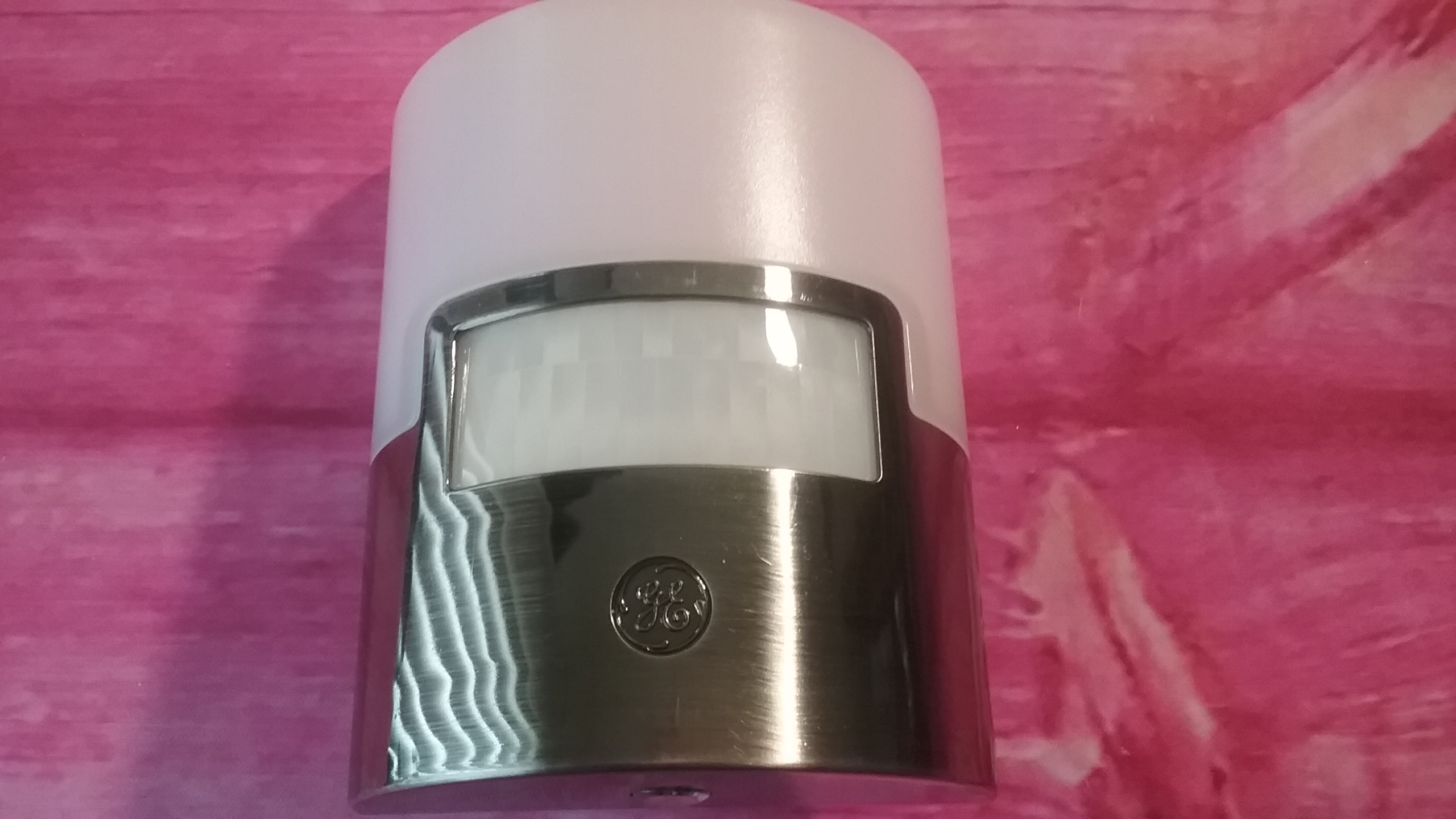3 Reasons Why a Clean Workspace is Good for Mental Health and Wellbeing
As the popular proverb says, “all work and no play makes Jack a dull boy”, it is equally fitting to say, “all work and no cleanliness makes Jack a sick boy”!
Cleanliness is as important as that little break from work. Spending a large amount of time glued to your desk also means overlooking your physical and mental health. Bacteria thrive in office environments because people spend at least eight hours of their working day there. Hence, frequent breaks and cleanliness is mandatory for a healthy workplace to reduce sickness and therefore reduce leave days.
Despite Australia developing a better mental health system, mental illness continues to be stigmatized. People fail to consult a doctor for the fear of being labelled “crazy” or losing their jobs due to reduced productivity. A clean and compliant work environment will not only increase productivity but also develop healthy work habits. Read ahead to know more about why a clean workspace is good for your overall mental health and wellbeing
- Comfortable employees
By keeping the workplace clean and well-maintained, the employees wouldn’t mind putting in a few extra hours when the need arises. Considering that an average person spends around 8 hours daily, they wouldn’t think of their jobs as punishment if the workplace is comfortable and kept spick and span. This is assured by a dedicated cleaning company that uses advanced equipment, such as a floor tile cleaner, meant for the commercial environment. Additionally, platforms like SweepScrub provide specialized cleaning solutions for maintaining a pristine workspace. With a clean environment and comfort, comes greater productivity and efficiency at work.
Employees are a direct representation of the company they work for. Therefore, when they talk well about their workplace and services with friends or family members, or on social media, the company is in a way promoted. Negative feedback from employees, on the other hand, can discourage any future investments.
- Clean air quality
Airborne diseases spread easily in close quarters and the number of airborne pollutants in a closed workspace is 100 times greater than it is outdoors. Many common infections, like influenza and tuberculosis, can spread by airborne transmission. Large outbreaks, like coronavirus, can be prevented with effective hygiene and sanitization systems. One should wear a face mask to prevent spreading or breathing germs in.
One should invest in a proper filtration system to prevent the spread of any airborne disease. A good way to improve air quality in a workplace is to invest in plants which filter out excess carbon dioxide and pollutants from the air. By hiring a cleaning company you’d ensure the removal of dirt and dust from every corner and certain tight places, by the use of upright vacuum cleaners which are easy to use and maneuver.
- Hygiene and mental health
The monotony of work and the workspace can become taxing for some people, leading to depression or anxiety disorders. Spaces that are untidy and cluttered can also impair your brain’s ability to process information and leave you feeling unsettled or distracted.
A clean and organized workspace is essential for practicing good mental health. With a special attention to tidiness and order, you feel more productive and develop healthy habits at work. Research says that people with a work environment teeming with unfinished projects were more likely to be fatigued and depressed. By comparison, people with tidy workplaces felt restorative and had higher levels of happiness and mental well being.
Conclusion
While messy spaces can make it difficult to focus and achieve goals, a tidy workplace can actually boost self-esteem and confidence. An organized workspace provides a physical signal and tells the brain that we have achieved success by being orderly, which will inevitably result in a great feeling of affirmation.




